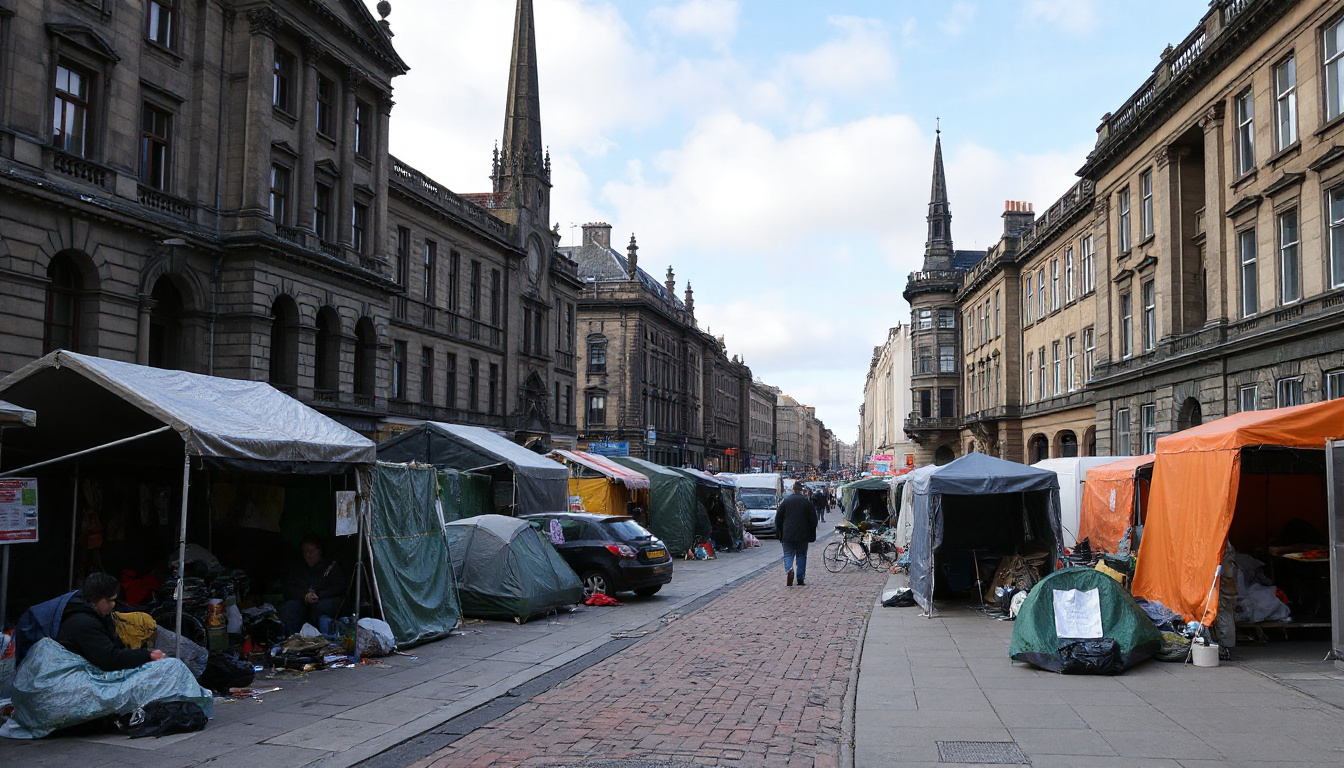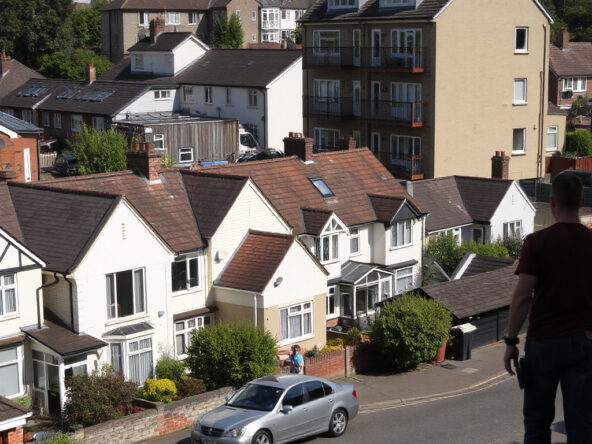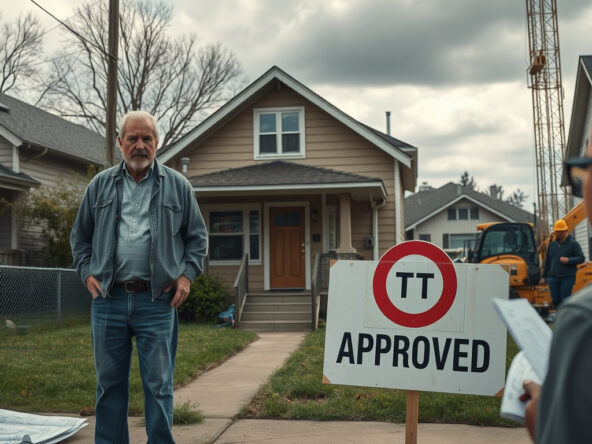Edinburgh Considers Relocating Some Homeless Amid Licensing Changes for Temporary Accommodation
Edinburgh Council formulates a strategy that mitigates safety and legal predicaments by terminating the use of unlicensed temporary accommodations for the homeless. In the wake of the COVID-19 disruption, hotels and bed-and-breakfast establishments underwent repurposing as provisional dwellings—a shift that mandated the procurement of House in Multiple Occupation licences. Presently, nearly 650 individuals inhabit properties lacking such certification.
The council institutes a definitive deadline by the end of November to annul contracts with unlicensed housing purveyors; the measure seeks conformity with statutory health and safety provisions while countering surging fiscal demands. In the absence of a sufficient quantum of approved accommodations by the deadline, almost 10% of the impacted homeless population may face temporary relocation to properties beyond Edinburgh’s confines, though these locations remain within a fifty-mile corridor. Such transfers, while extensive, are designed to be ephemeral, with coordinated transit and an assured return to local housing at the earliest opportunity.
For the purpose of this transition, social housing applications are suspended, and non-urgent repairs on existing public dwellings are deferred, thereby prioritizing the reactivation of available council homes. Recent cycles have witnessed the reoccupation of numerous empty properties, and pending licensing applications—if confirmed—will add to the cadre of accredited temporary shelters. The council pursues alternative modalities aimed at broadening the range of authorized housing options in the interim.
This development exemplifies the multifaceted challenges confronting urban administrators as they reconcile immediate housing imperatives with strict regulatory compliance. The use of temporary lodgings in hotels and similar venues during public crises demands rigorous oversight to fulfill housing law mandates while ensuring that vulnerable individuals secure habitats meeting safety, suitability, and legal standards.
Summary
In reaction to the enforcement of licensing norms, Edinburgh seeks to end dependence on uncertified temporary accommodations for its homeless community. If approved spaces remain insufficient, a segment of affected individuals may be provisionally relocated outside the central area, though the primary focus remains on expanding sanctioned housing within the city. These measures illustrate the complex challenges of addressing rising demand amid binding statutory requirements and the protection of vulnerable residents. Stakeholders in the realm of Houses in Multiple Occupation and analogous sectors should observe the growing necessity for firm licensing adherence as councils intensify the management of temporary and shared residencies.



